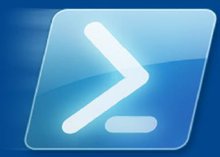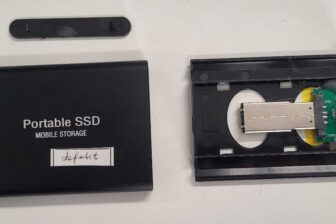Skriptgesteuerte Drucker-Installation
26. Juni 2018
Aus Sicherheitsgründen sollten die Systembetreuer immer genau im Bilde sein, welche IT-Ressourcen von welchen Mitarbeitern in Anspruch genommen wurden. Beispielsweise können die Systembetreuer in Erfahrung bringen wollen, wann welcher User auf einen bestimmten Printer zugegriffen hat. Für derartige Aufgabenstellungen eignet sich die Windows Powershell, denn mit den passenden Skripten und Cmdlets lässt sich dies einfach und schnell realisieren:
function Get-PrinterServerUsers {
<#
.SYNOPSIS
List all users that have printed from specified printerservers the last xxx days.
.DESCRIPTION
The function creates a list of all users that have used specified printerservers.
To be able to collect the events you need to log spooler information events.
.PARAMETER Computername
A single computer name or an array of computer names. You may also provide IP addresses.
.PARAMETER days
The number of days from todays date you whant to list.
.EXAMPLE
Get-PrinterServerUsers -computername srv-print01, srv-print02 -days 90
Description
———–
This will collect all the users that have prited from a printer through the servers
srv-print01 and srv-print02 the last 90 days, and export them to a textfile with the
servername located at c:\temp.
.LINK
Powerhell.nu
.NOTES
Function by Viktor Lindström
v1.0 – 12/19/2014
#>
param(
[parameter(mandatory=$true)]
[array]
$Computername,
[parameter()]
[int]
$days
)
$date = get-date
$tempdir = "c:\temp"
#Check if directory c:\temp exist, and if not create it.
if ( -Not (Test-Path $tempdir))
{ New-Item -Path $tempdir -ItemType Directory
}
foreach ($server in $computername)
{Write-Host collecting users from $server
$Duration = Measure-Command {
$users = get-eventlog -ComputerName $server -LogName system -After $date.AddDays(-$days) | where {$_.eventID -eq 10} | select UserName
$unique = $users | Sort-Object username | Get-Unique -AsString
$unique | Export-Csv c:\temp\$server.txt -NoTypeInformation }
Write-host "$($Server) done in $($Duration.Minutes):$($Duration.Seconds) mm:ss"
}
}



